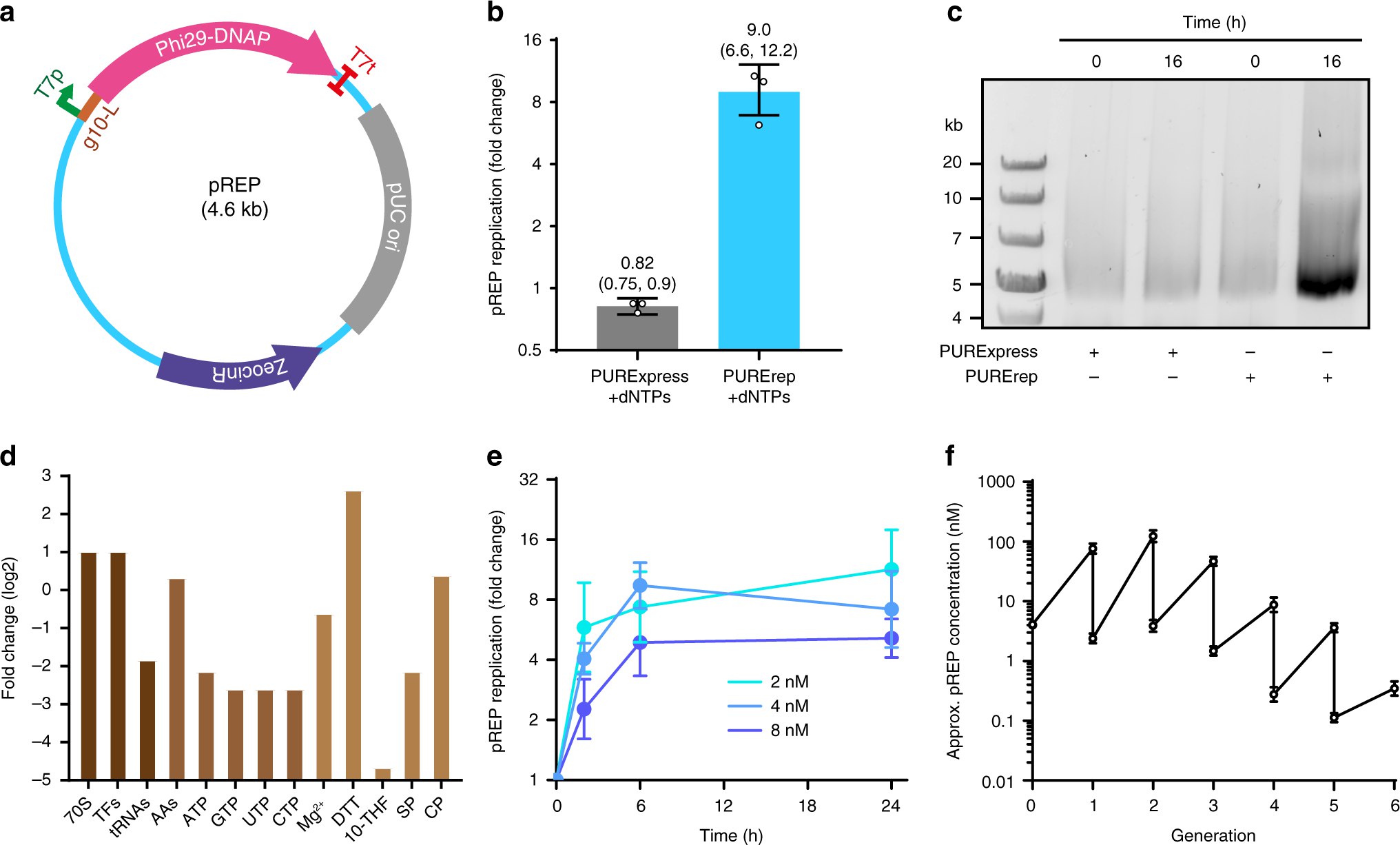Scientists have succeeded in making a synthetic genome for the first time.
@RoyanGene
Researchers at the Max Planck Institute in Germany have succeeded in creating an artificial genome that can reproduce its own DNA and protein building blocks.
Synthetic biology not only observes and describes life processes; It also imitates them. One of the important characteristics of life is the ability to reproduce, and this means maintaining the chemical system. German researchers said that recently for the first time, they were able to make an artificial genome in the laboratory, which has the ability to reproduce like a natural genome.
Researchers in the field of synthetic biology investigate “bottom-up” processes, meaning the production of life-mimicking systems using inanimate building blocks. One of the basic characteristics of all living things is the ability to preserve and reproduce itself as a distinct entity. However, the bottom-up synthetic approach to create a system that can reproduce itself is a great experimental challenge. Scientists have overcome this obstacle for the first time and have built such a system.
The Max Planck Institute researchers, while describing the genome assembly process, showed that this gene has the ability to replicate 116 kilobases of its own DNA and RNA.
By using this method, it can be hoped that the creatures that are created artificially will also reproduce.
In the next step, this group plans to build a coating system that can act like a living cell and perform waste disposal and nutrition as well.
The results of this study have been published in the journal Nature Communications.
Access link to the main article:
https://www.nature.com/articles/s41467-020-14694-2
@RoyanGene
This post is written by Saeid_Mohebbi
